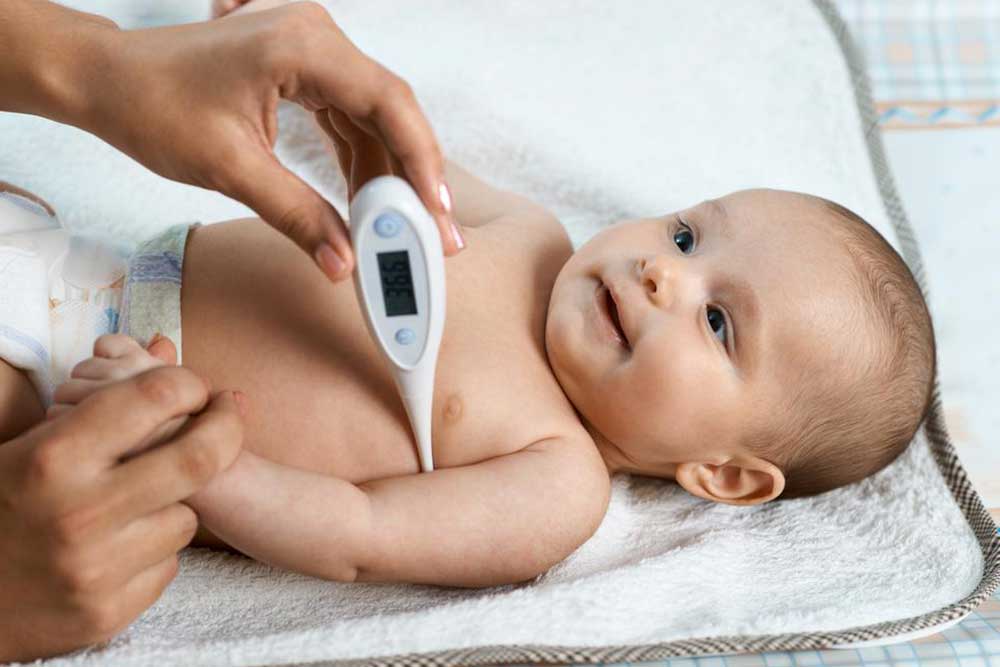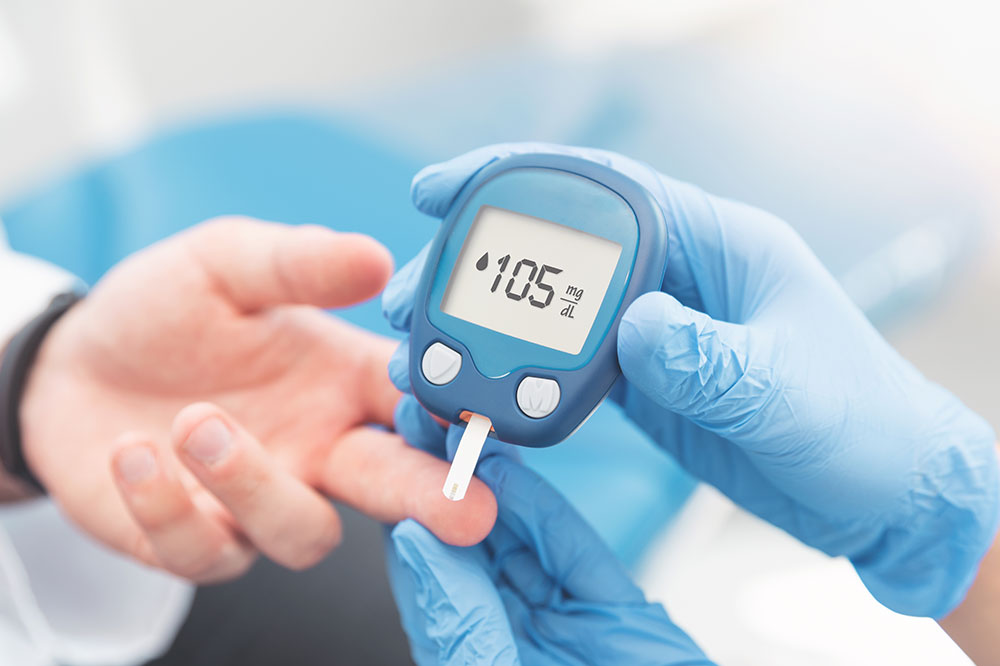Understanding Normal Body Temperatures Across Different Age Groups
Learn about normal body temperature ranges for babies, children, and adults, including factors affecting readings. Find out when to seek medical attention for fever and understand how temperature varies with age. Keep your health informed with this comprehensive guide.

Understanding Normal Body Temperatures Across Different Age Groups
What constitutes a normal body temperature in infants and adults?
Several factors influence body temperature, making it common to experience variations. Body temperature tends to be higher during daytime, meaning early mornings might show lower readings despite a fever. Younger individuals generally have higher baseline temperatures compared to older adults. As people age, their ability to regulate heat diminishes, causing natural fluctuations in body temperature across different age groups.
Below is a temperature guide for different age groups.
Temperature Range Overview
As age advances, body temperature regulation becomes more challenging. Older adults may have lower normal temperatures, making detection of fever more nuanced. Here are the typical temperature ranges:
Infants and Children: Normal body temperature ranges from 97.9°F to 99°F. Readings above this level indicate a fever.
Adults: Typically, adult normal temperatures fall between 97°F and 99°F.
Any temperature exceeding these ranges may signal a fever.
Adults aged 65 and older: Their usual body temperature can be below 98.6°F, and higher readings suggest fever.
If your temperature is very high or persistent, seek medical advice promptly, as it may point to an underlying health issue requiring immediate care.
Measurements can vary depending on the method: armpit readings may be up to a degree lower than oral, which are themselves lower than rectal or ear readings. Factors such as diet and activity levels also affect temperature. Keep a thermometer at home to monitor health if you're unwell for an extended period, and consult a healthcare professional for accurate assessment and diagnosis.










